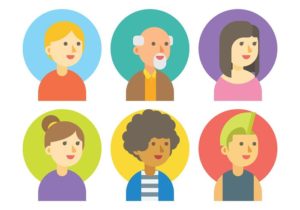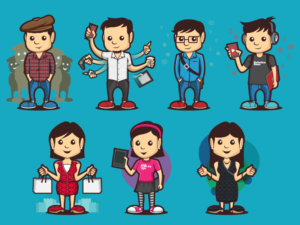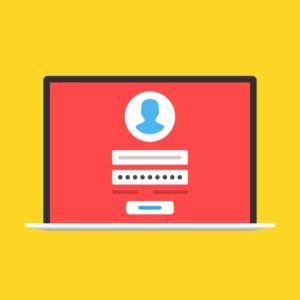
February 5 is celebrated as the Safer Internet Day across the globe. On this day, we are going to discuss measures you can take to protect yourself on the internet.
Why is it necessary, you ask? Well in the digital era, where social media was supposed to bridge the gap between us and our friends, it has now converted into a completely different platform. Gone are the days when we would upload albums, and update our friends and family about our life. Profiles are now personas we maintain online.

Just like we take certain measures to protect our offline personality, we also need to learn how to protect our online personality.
The most vulnerable section of social media users is children. According to Melanie Galvin, chief of Nutrition for Unicef in Pakistan,
“In a country like Pakistan, progress for every child is much more dependent on safe, inclusive and widely accessible online opportunities. To understand that the digital is not a need but an essential part of growing up in this world is the only way forward.”

As the parent of a child who has recently ventured into the online world, here are a few things you can do. Get acquainted with the internet yourself first. Once you are educated about its dos and don’ts, it will be easier to monitor the child. For beginners, they should have access to the internet via a desktop which should be in a public spot. This will increase accountability. Make sure that the child already knows the family rules for using a computer, and install filters in case a site is accessed which is out of bounds. Make sure you have a dialogue about the issues that occur and make social media also your way to connect with your own children.
For adult users, very tiny steps can help establish your safety online.
Make sure that your personal information is not for everyone to obtain. Anyone making requests for personal information online or over the phone should be ignored. If you think that there’s a scam, report it immediately. Limit sharing personal routine and details because, despite privatization of information, somebody can misuse it. Make sure you have an anti-virus installed and all your devices are password protected. Don’t use the same password for all key accounts.

Cyberbullying and cyberharassment are also some issues which have come up in recent years due to the use of social media.
In the year 2017, 67 percent women out of total 1551 complaints reported some kind of online harassment. The Digital Rights Foundation launched a helpline in “Ending Online Violence against Women” conference by Hamara Internet campaign of DRF on November 28, 2016. This campaign promotes a free and secure digital environment for women. Any online abuse can be reported on 0800-39393.
In 2016, a bill (The Prevention of Electronic Crimes Act – PECA) was enacted by parliament that helped out in bringing the cybercriminals in the jurisdiction of law. Article 18 of PECA states:
“Whoever intentionally and publicly exhibits or displays or transmits any information through an information system, which he knows to be false, and intimidates or harms the reputation or privacy of a natural person, shall be punished with imprisonment for a term which may extended to three years or with fine which may extend to one million rupees or with both.”
If you feel threatened online, make sure that you contact the helpline or report the incident to the Federal Investigation Agency (FIA) of Pakistan.
These little steps can help you keep yourself safe. Make sure you support those who come out with their cyberharassment stories and help create a safe space for everyone online.
cover image via renawa.co





